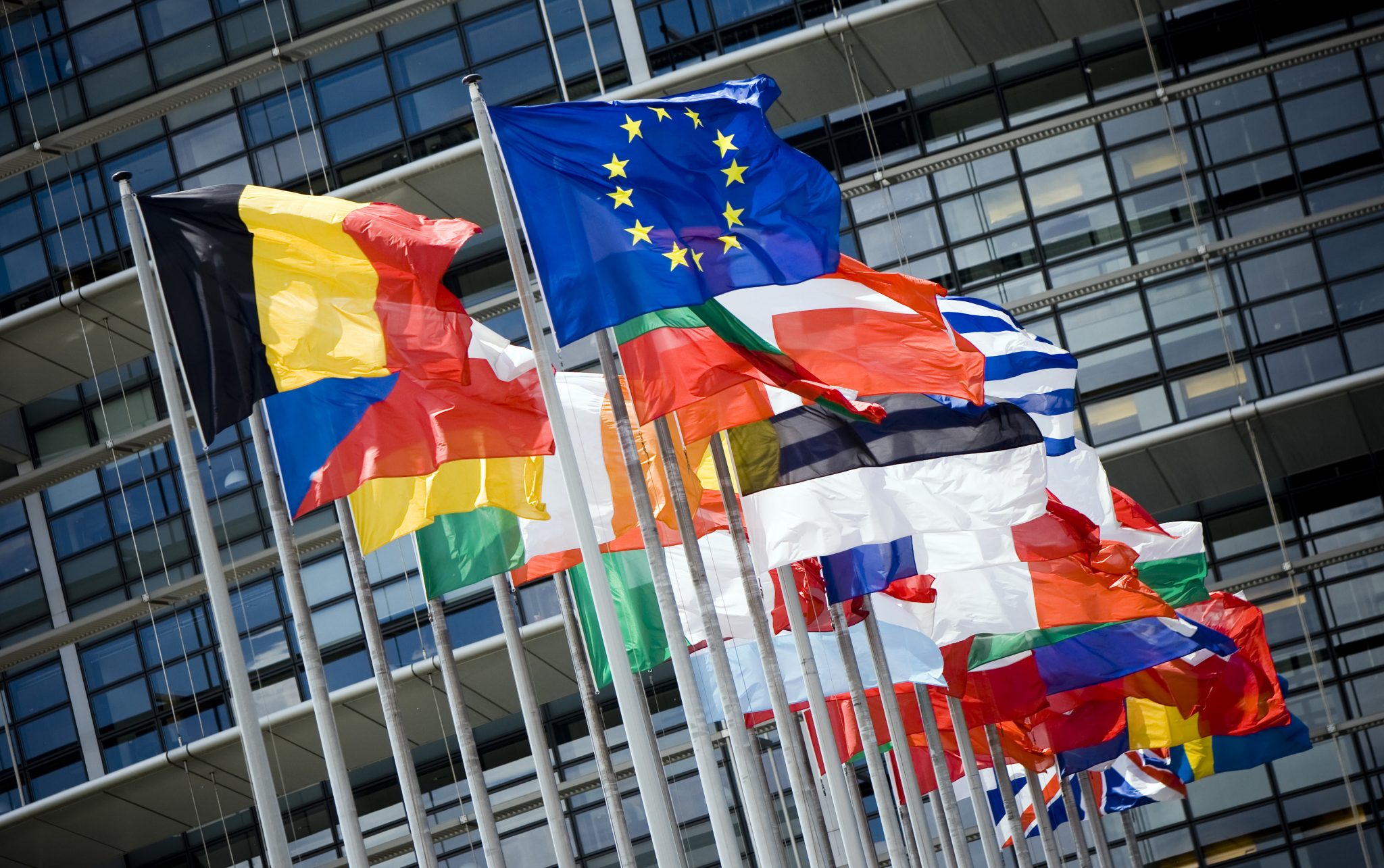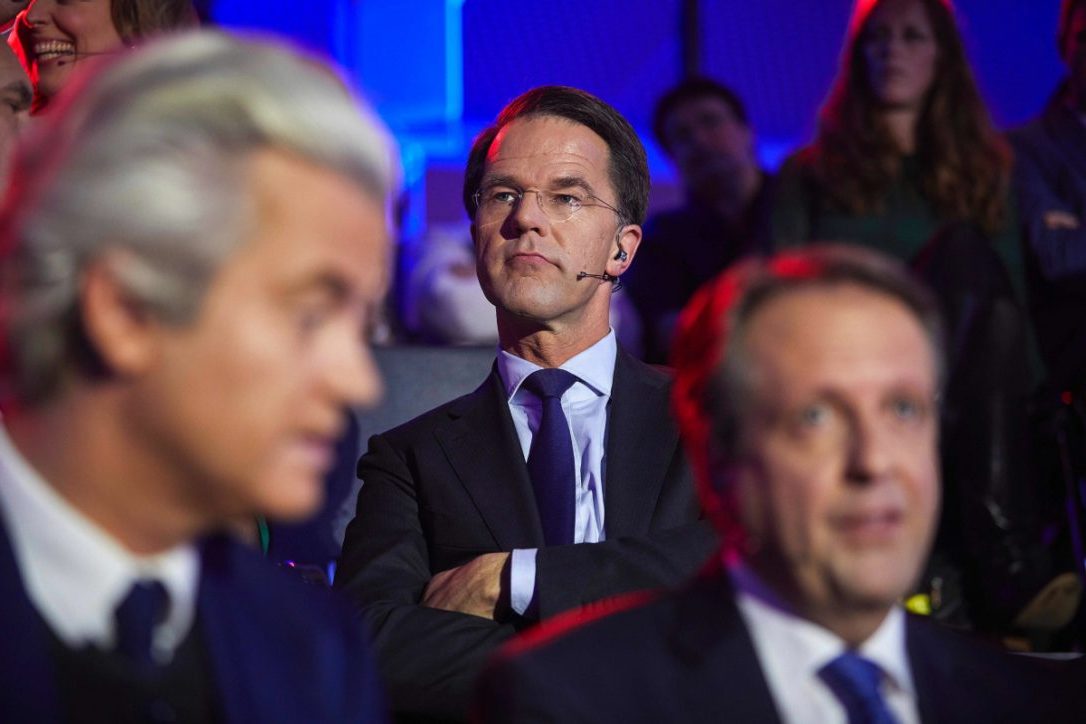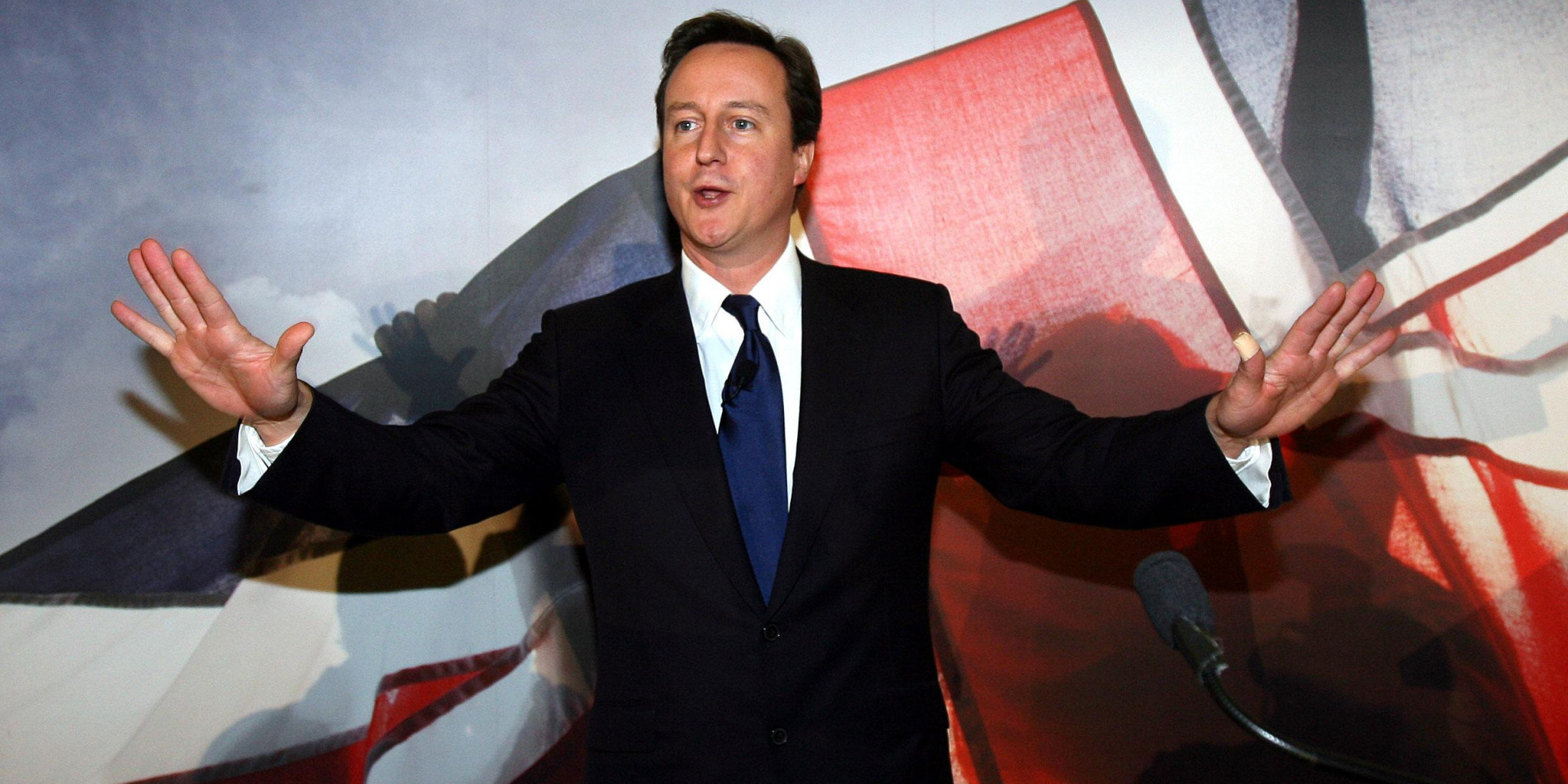
[authorbox authorid=”56″ title=”The Author”]
While many celebrated the end of 2017 with their families, preparing for a 2018 filled with both hope and fear, the gears were turning within the European Union, with the current states that currently comprise the union preparing for the political battles ahead.
However what will be the highlights of what the Eurasia Group describe as “the most dangerous geopolitical risk environment that we have experienced since…20 years ago” ? What will be the pitfalls and the dangers that lay ahead for the European project? And what could the possible successes be? And who will be the movers and shakers?
These are the five to watch in 2018.
Germany
First, the German state: still in need of a functioning government, Angela Merkel has found herself in a position where she must successfully form a coalition government or decide to hold another election, with the latter likely to prove itself problematic for her already slim majority and slowly waning popularity. The risk to the post-war Germany democratic order is also substantial, as the far-right “Alternative for Germany” (AFD) could build on the 94 seats that they won during the last elections, and push for a more reclusive politic in a way that UKIP have in the UK.
Thankfully, this political drama appears to be nearing its end, with a return to the “Große Koalition” (Grand Coalition) being on the cards so long as the current negotiations are successful. There is however the ever looming risk that the negotiations may collapse, with senior members of the Social Democrats having fiercely criticised the social policies agreed upon, bolstered in this by their support from the SPD’s grassroots organisations. The confrontational attitude of rising SPD student politician Kevin Kühnert, nicknamed ‘babyface’, could very well lead to a rejection of the coalition when the SPD membership votes on 21 January 2018. We may very well see fresh elections in order to decide the political future of the country.
Likewise, Germany will need to navigate what many hope to be a new era of the European Union. It will need to manage its role alongside a resurgent France, with the leader of the German state (Merkel or not) having to fight for their position alongside the surging French President Emmanuel Macron, who is leading the charge with a strong international presence. The German Chancellor will need to decide on what shape it wants financial and political reforms within the EU to take, what the future relationship with Britain will be, as well as what stance the EU will continue to take in regards to states such as Iran, the United States, Turkey and Russia.
France
Emmanuel Macron’s 2018 battles will be numerous. Still suffering public perception issues back home, as well as attempting to achieve his goals of a stronger and more united European Union; 2018 will be the key for the future of the French President and any possibility he may have to build on his legacy during the 2022 French Presidential election.
At home, he will need to continue to fight for his reforms to the countries legal structures, starting with his fight against “Fake News” which has begun to be legislated against, and will undoubtedly lead to an increased prominence of the issues surrounding Cyber-Security. He will also need to confront the criticisms that he may be moving France towards a more authoritarian style of governance, with the new fake news laws being criticised as being open to abuse during future elections.
His recent discussions with French ministers on the “necessity to return public order” to the ZAD around the planned Notre-Dames-des-Landes airport area, the need to prevent any more ZAD from being raised in France, and his demand that the “authority of the state” be restored will worry those who fear an authoritarian president. Likewise, his recent discourse on immigration and the Calais refugee situation may scare those to his political left, and feed fears that that Macron the centrist is in fact firmly on the right.
His public perception will need to be repaired, and this will need to be accomplished alongside a fostering of trust and support for the European Project within France; using this both as a way to push through his reforms as well as combating the Eurosceptic Front National ahead of the 2022 elections. The Front National is working to regain its national presence during 2018, utilising a rebirth under a new name, slogan, and possibly even a new leader to achieve this goal.
Marine Le Pen has found herself increasingly side-lined and absent within French affairs, alongside Jean-Luc Melenchon of La France Insoumise and Laurent Wauquiez, whose newfound presidency of Les Republicains has caused further fractures within his party and lead to the defection of former Prime Minister Alain Juppe as well as the foundation of new Centre-Right party Agir. All of this has undermined the efforts of all opposition parties from fighting the politics of La Republique En Marche! and allowed Macrons party free reign to enact the reforms that the president promised during his election campaign.
Abroad, Emmanuel Macron will need to strike the balance between increasing cooperation with foreign states within the Middle East and Africa in his attempts to consolidate the French diplomatic presence within the region. This will be a key avenue in terms of securing not only Frances soft-power base within developing regions, but also finding allies that would be reliable not only during the current struggles against Terrorism, but in the coming decades. He has also challenged himself to making French the number one language in the world through its international promotion, its use in Africa, as well as its study in nations such as the United Arab Emirates. A lofty goal and what many consider highly improbably, however it shows a commitment to French culture that will play very well at home and strengthen his appearance.
We can expect Macron to continue with his diplomatic overtures across the Europe, with those undertaken during his first 7 months in office having cemented his position as a leader within the Union in the absence of Angela Merkel. The need for action on his reforms is building, with Brexit coming ever closer and the future of certain states within the Union becoming ever uncertain; and despite many claims in regards to the difficulty of his proposals, it may not be as difficult as it seems. Brexit has been a help in providing solidarity between the European states, as well as an increasing support for the European project in countries that have not only seen huge improvement to their national finances and development but also seen the preliminary effects of an EU exit on a first-world nation.
However only time will tell how successful he will be in his drive to reform the Eurozone, the European Parliament as well as foster further closer integration between the remaining 27 states that will form the European Union on March 29 2019 at 11:00 pm.
United Kingdom
The British find themselves at key junction in their national history for a number of reasons. Of course, the biggest issue is the ever looming Brexit, which is being fought day in, day out by forces within Britain.
Politically, the fragility of the British parties and national democracy has left the country adrift. The Conservatives, led by Prime Minister Theresa May, are attempting to navigate the Brexit negotiations with a team that has been shown as unable to handle the weight of the work that the issue demands, and has been plagued by infighting and indecisiveness. The Labour Party, led by Jeremy Corbyn, appears to be playing the long game and is navigating the tightrope between the countries pro-Brexit and anti-Brexit parties in an attempt to swing votes. They also appear to be using Brexit as an attempt to allow the Conservatives to damage themselves, whilst focussing instead on the social issues that are the bread and butter of a Labour government: Social Spending, Problems within the NHS, the failings of the new Benefits system being put into place.
With the second phase of the Brexit Negotiations looming large, the British urgently need to decide what form of Brexit they actually want, which of the red-lines are indeed immovable and which ones they are willing to erase as they form their future relationship with the European Union. Of course, this decision is not necessarily up to the British, as the European Union have always been known to be incredibly astute negotiators; the lack of unity within the British Cabinet, the infighting between the Conservatives “brexiteers” and “remainers”, as well as the diplomatic gaffs of the Foreign Secretary, the urgency of the situation appears to be far from being understood..
We also continue to see that a large percentage of the British public disapprove of the way the government is handling the Brexit negotiations, with the number having fallen a percentage point from November (64%) to December (63%) and approval ratings having risen from 36% to 37% respectively. This is being driven in part by multiple social media opposition groups such as the #FBPE (Follow back Pro EU) group which focus their energies on highlighting the failures surrounding Brexit, as well as organising events alongside political parties. The success in utilising new media to great effect in their political, activities and fostering an online space where people can come together has even led to an increase in the sentiment that Brexit was a mistake.
Due to a combination of all of these things, 2018 will see increased calls for a second referendum, with the “Remainers” demanding one in order to overturn a result that they see as undemocratic and therefore invalid; leavers have understandably been more quiet on this topic, however as of 11 January 2017 Nigel Farage has waded into the discussion, declaring that he was “reaching the point of thinking that we should have a second referendum on EU membership.” Arron Banks, co-founder of the Leave.EU campaign has backed this call, stating that he wanted people to “shout from the rooftops their support of a true Brexit”. Any assumption as to how a second referendum would go should promptly be re-evaluated, as the unpredictability of politics in the modern age have shown that the most expected result is often the opposite of the reality.
Italy
Italy has had the misfortune of suffering problem after problem during it’s time within the EU: There have been multiple financial issues and crises, followed with the current refugee issues where alongside Greece, it has had to bear the brunt of the refugee crisis and was left to feel almost alone in dealing with the massive influx of refugees from across the Mediterranean sea while it had yet to have recover financially.
Political, with the election having been set for the 4th of March, the next threat to the European Union is here. There have also been some curveballs thrown during this election, with the Five Star Movement’s (M5S) leader, Luigi Di Maio, having declared that it now wished to stay within the European Union, muting its demands for a referendum on Italian membership and instead wanting to reform it from within. This suggests that one of the stronger voices for an Italian “Brexit” has accepted that it would not be in the countries best interests, and despite still reserving it as a last resort, may find itself able to work with Emmanuel Macron on his European reform agenda, as well as on the refugee policies that are being proposed.
Based on opinion polling as of 16 January 2018, it appears that the country’s government will be formed primarily on the left, with M5S projected to come first with 26.3% of the vote, followed by the Democratic Party at 24.2% and Forza Italia coming in third with 18.0% of the vote. However Silvio Berlusconi should not be counted out, with Tecne carrying out a servey that showed the former Italian Prime Ministers coalition polling at a total vote share 39.2%.
There is also the issue of the continued Italian crises: with the country still suffering from a higher level of debt than even the Greek state and still bearing the brunt of migration to Europe from the African continent. These will undoubtedly play a huge role on the 4th of March, however there are still hopes that Italy will come out of the election with less euroscepticism as opposed to more. However, the likelihood remains that until the domestic issues and crises from which Italy suffer have been resolved; euroscepticism within the country will more than likely persist and be utilised by the national parties.
Poland/Hungary
The 2017 political year had a less than ideal ending for Poland, with the European Union member states beginning to push for the triggering of Article 7 in order to ultimately suspend the voting rights of the Polish state in a hitherto unused action. Of course, the likelihood of this being actions is highly unlikely, as this requires a unanimous vote, which Hungary can be counted on refusing to do; however the issue in this situation is the continued erosion of diplomatic ties between Poland and it’s 26 Union allies.
The alarm has even been sounded by EU President Donald Tusk in regards to a potential “Polexit”, discussing his view on how this could occur if Poland one day found itself being a net contributor for EU funds as opposed to being a net recipient.
The good news is that Poland has an important role to play in the formation of the future European Union, bringing a rich culture and history to the EU27, as well as an incredibly hard working population who would contribute immensely to innovation within the union. This is supported by Jean-Claude Junckers meetings in early January, with the aim of reconciling the seemingly out of control relationship.
The recent cabinet reshuffle by the new Prime Minister Mateusz Morawieckmi has also gone some ways in repairing the relationship with the European Union. However the risk still stands as the PiS is unlikely to backtrack on its current plans for judicial reform, or to abandon its authoritarian plans for Polish Society.
Hungary has also been an even trickier state for the EU to deal with than Poland. Viktor Orbán leads an increasingly authoritarian and islamophobic national agenda that has described Muslim refugees from war-torn regions of the Middle East as “invaders”, echoing a middle-age crusader mentality which has been widely derided in international circles. The Hungarian government is seeking to emulate the Russian playbook when it comes to what it sees as public dissidents who do not play along with the government’s plans, and are planning multiple measures to crack down on the issues of immigration. One such measure would see organisations that are accused of supporting illegal immigration and who receive donations from abroad being taxed at a rate of 25% on all foreign income, and they could also be subjected to restraining orders. This would severely hamper the work of NGOs within Hungary in order to protect migrants and refugees coming from war torn countries.
As a general election having been called for April 8 2018 things may yet change, with Gábor Vona’s Jobbik party in opposition and hoping to challenge Victor Orbán’s Fidesz party for control of the country. However unlikely this may be, with polling showing Fidesz being in the lead at 35% and Jobbik in second place at 15%, a stronger and renewed Jobbik could very well lead to a replacement of Victor Orbán. The only question is, would this lead to a retreat from the Hungarian Presidents Europhobia?
We are likely to see an attempt at rapprochement between Poland and the European Union, due to how dependant the Polish state is on European contributions, however Hungary is likely to further distance itself, and continue along the increasingly confrontation path that it has set out for itself. While people worry about a possible “Polexit”, they should be even more concerned about the beginning of a Hungarian exit from the European Union in 2018.



